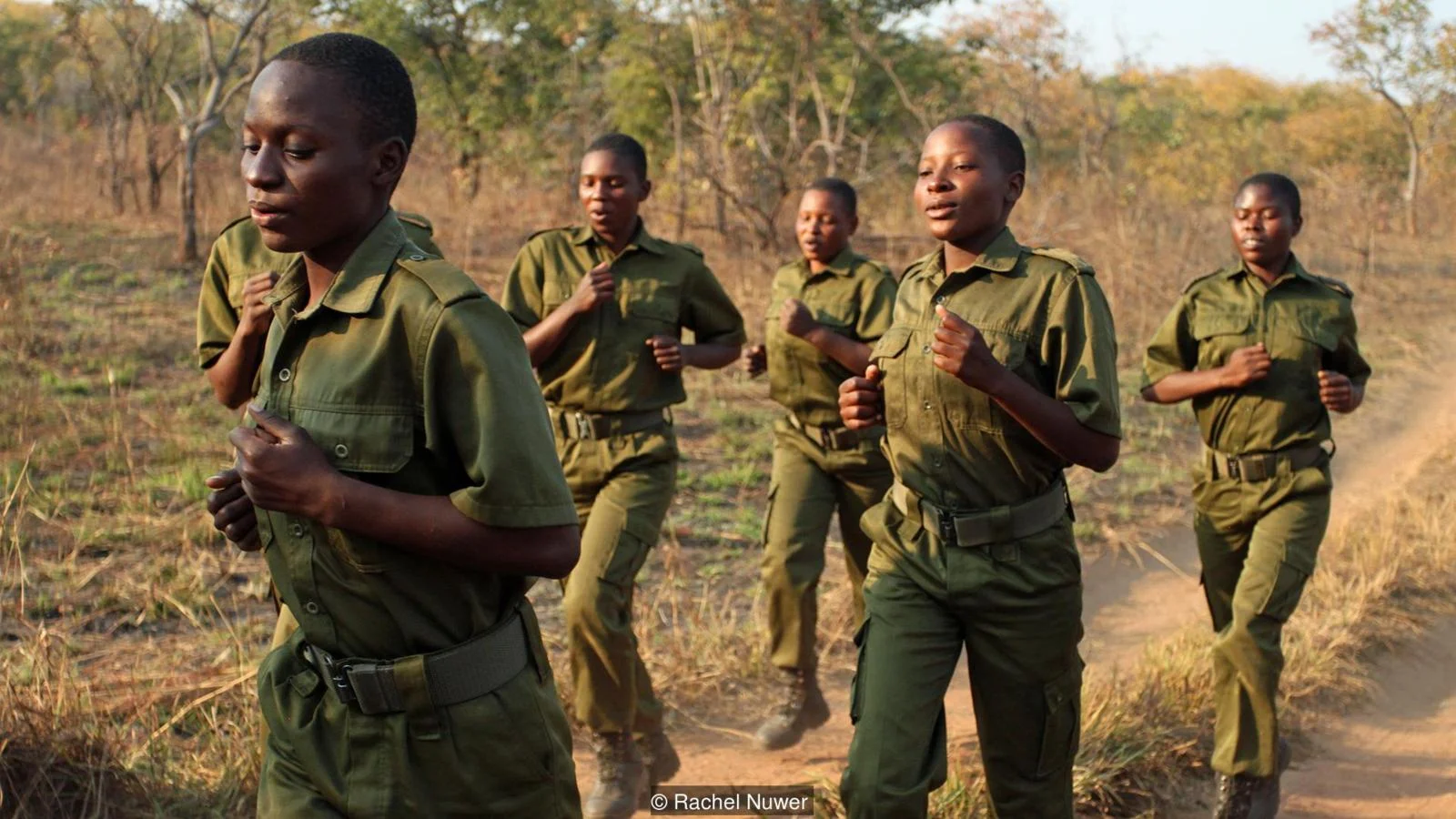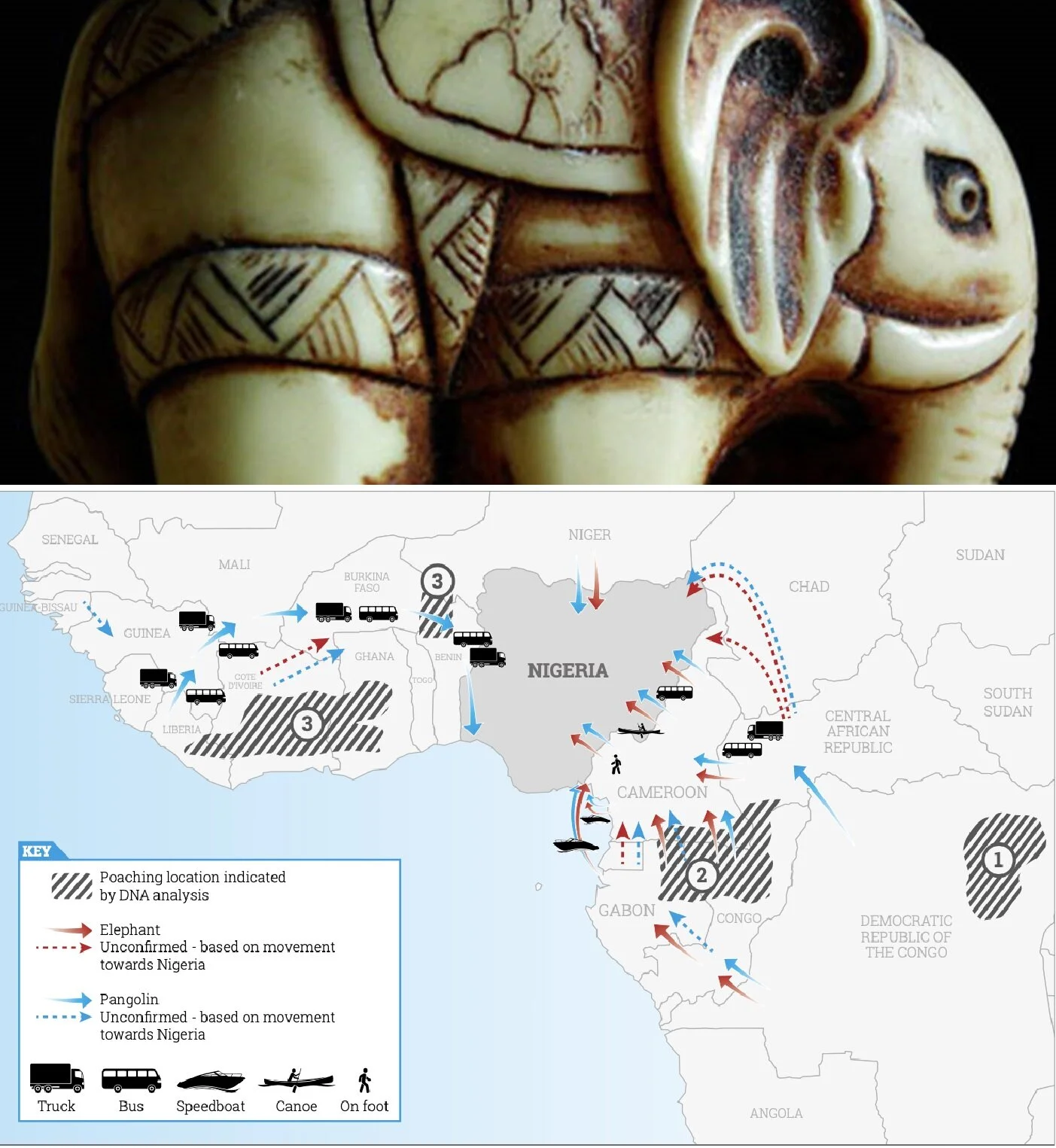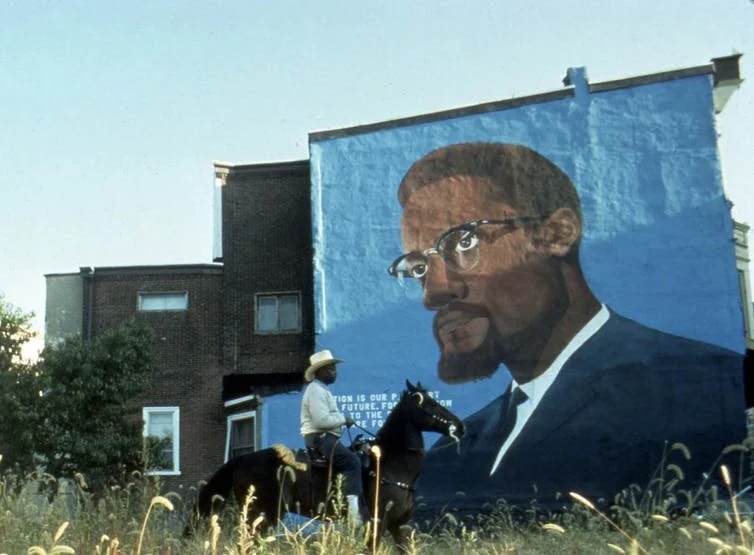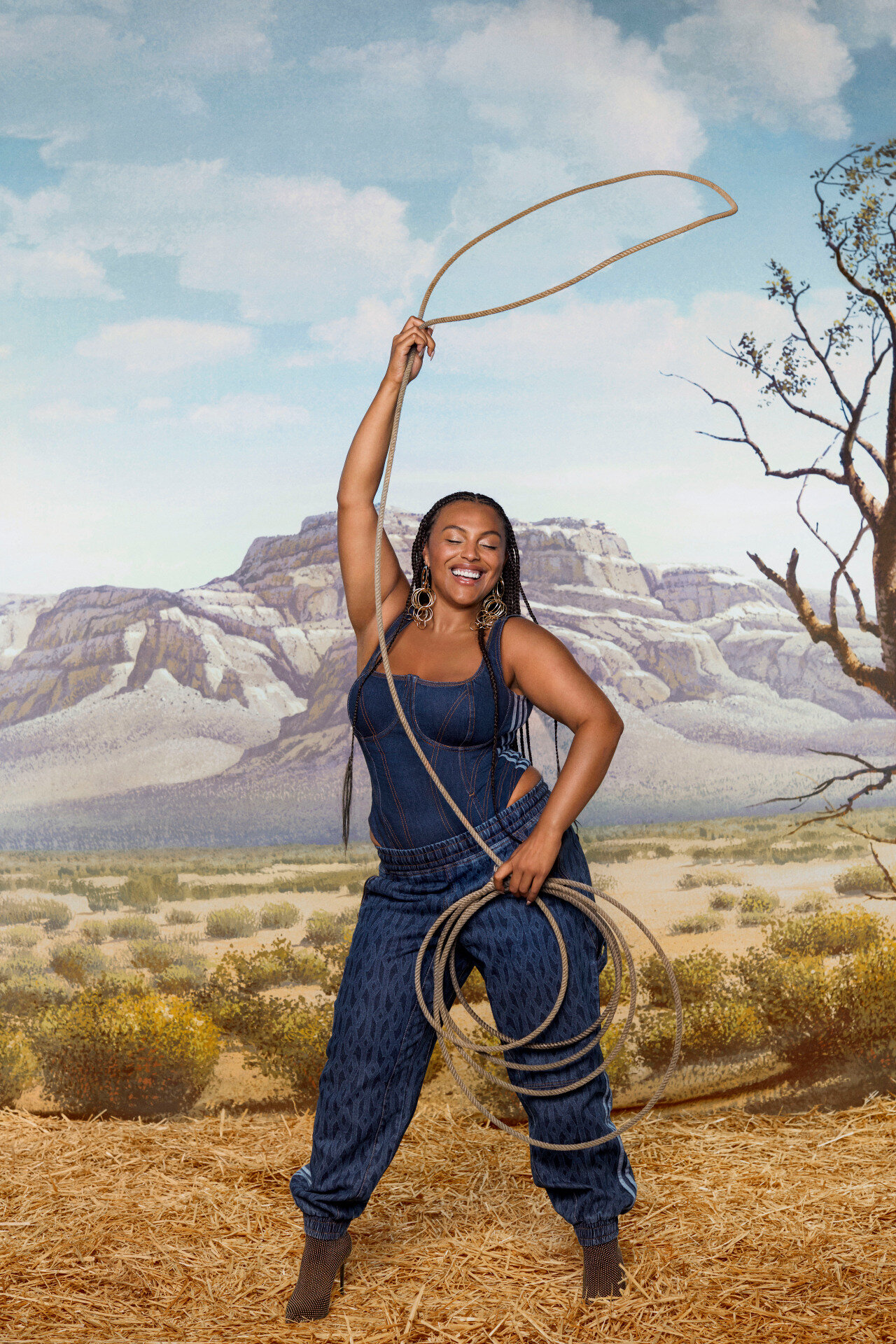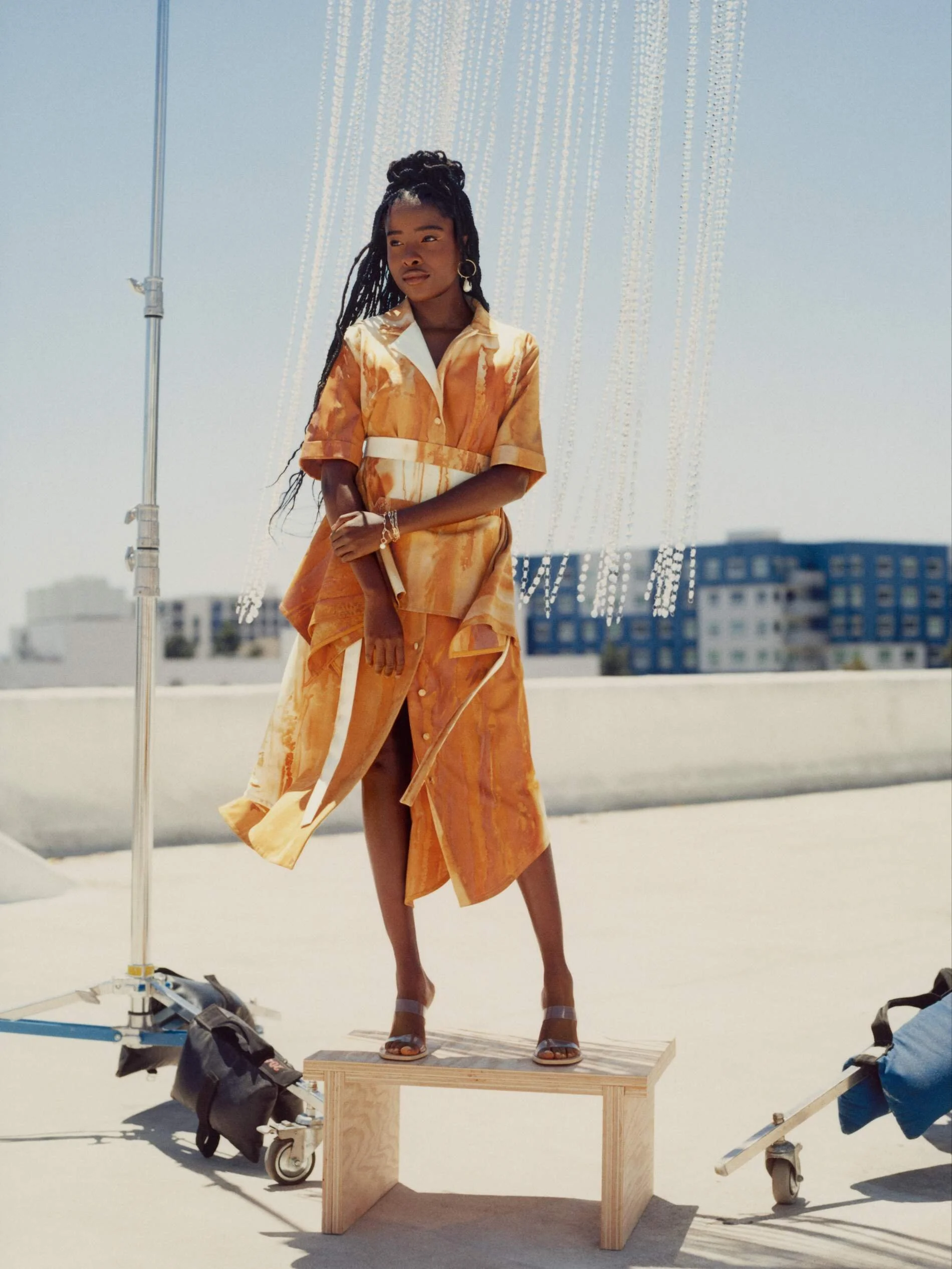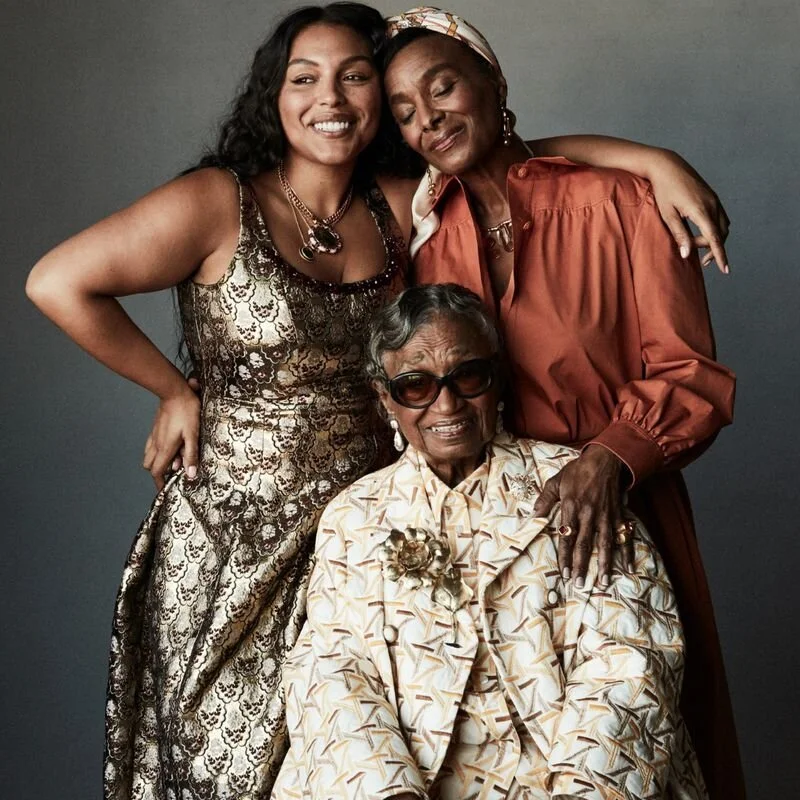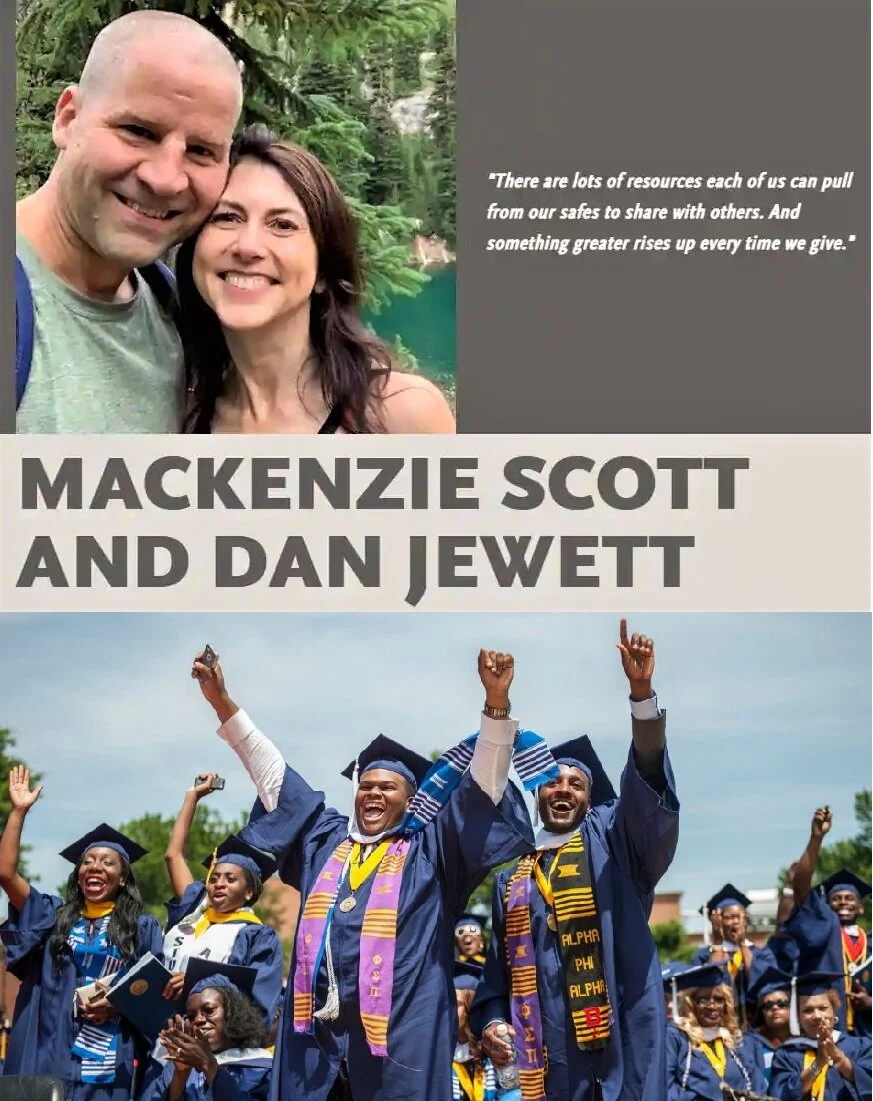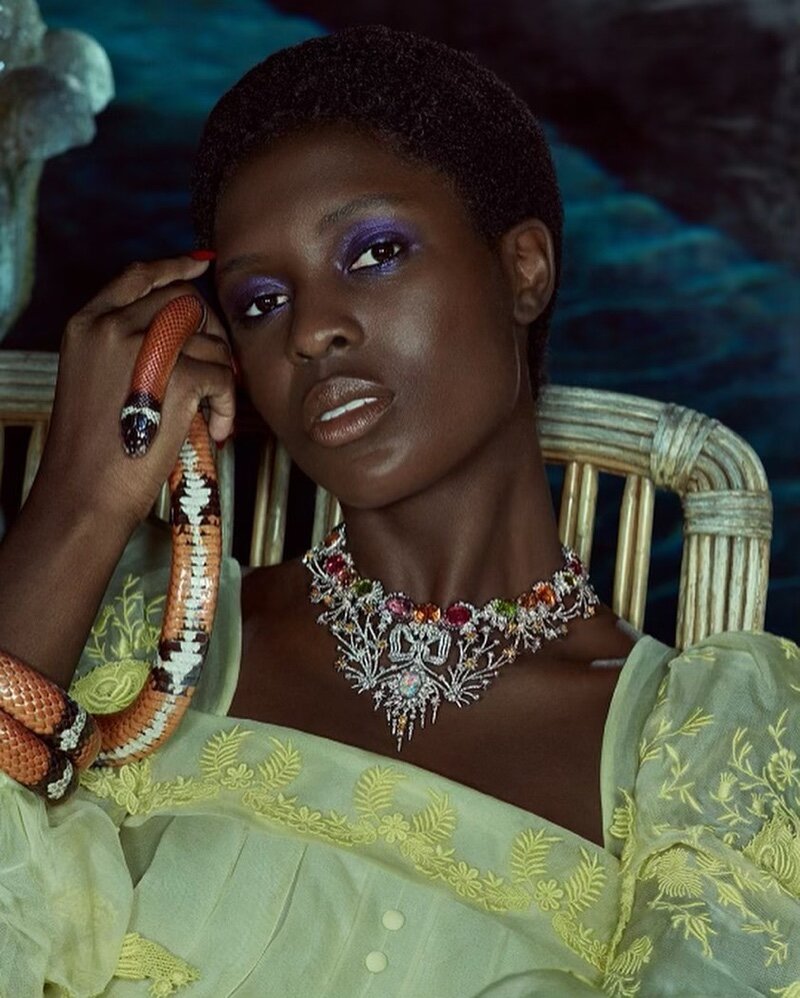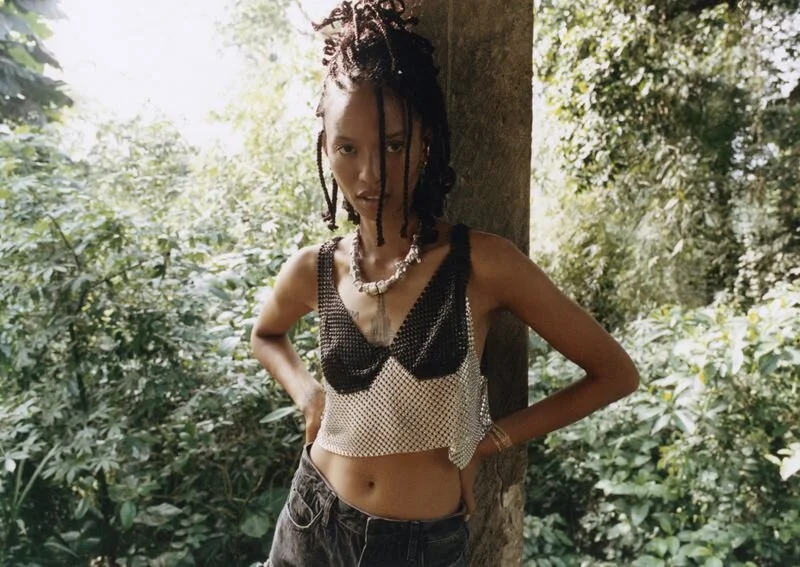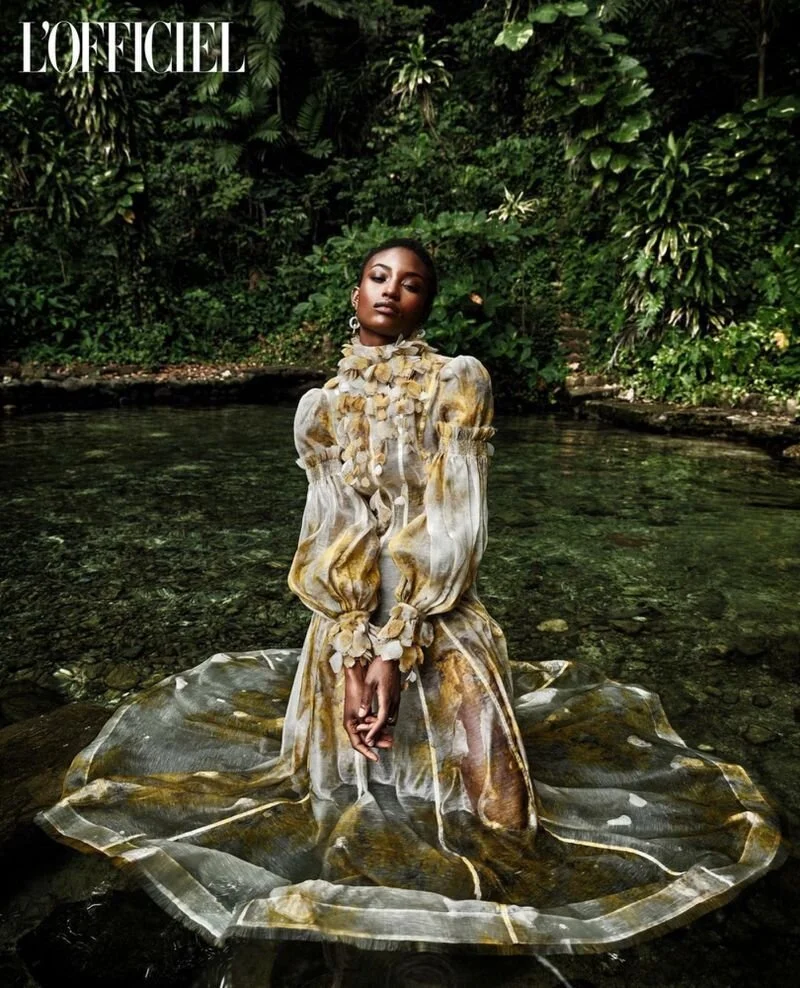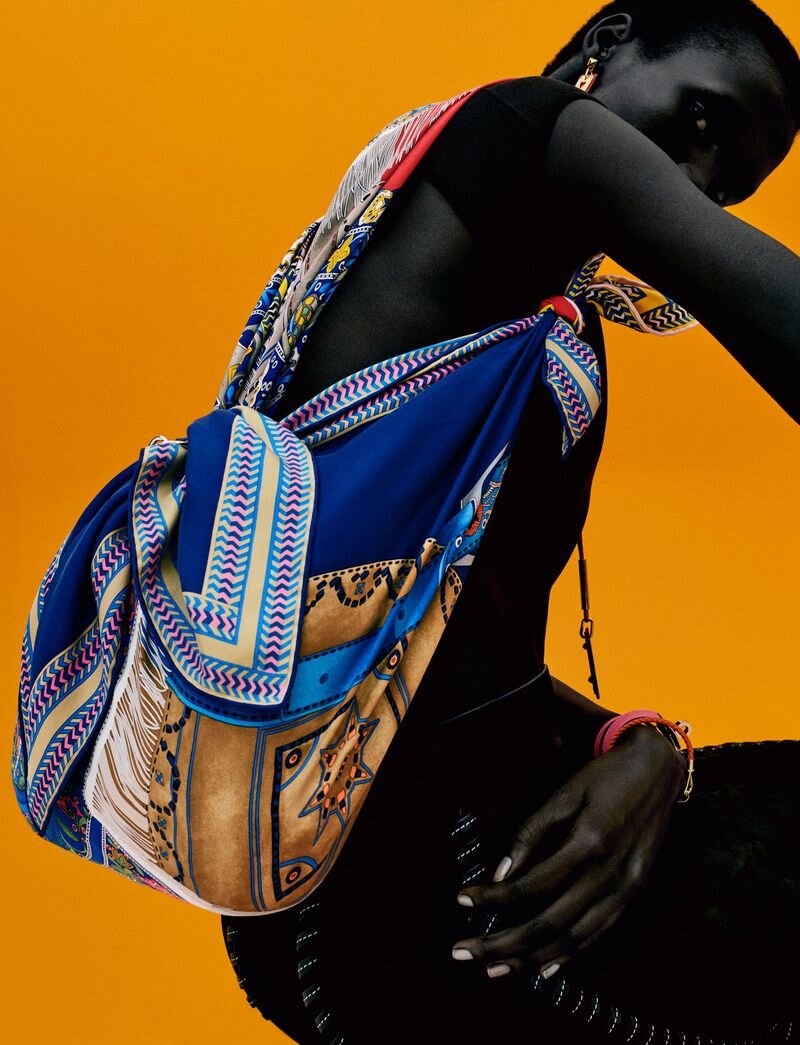Damien Mander Creates Female 'Akashinga' Anti-Poaching Force In Zimbabwe's Phundundu Wildlife Park
/These Zimbabwe women rangers chose the name ‘Akashinga’, which means ‘the Brave Ones’ in Shona. As far as Australian Damien Mander knows, Phundundu is the first nature reserve in the world to be managed and protected by an all-women ranger unit that he recruited and trained. (Credit: Rachel Nuwer)
How fascinating to pay a digital visit today to American Lt. Colonel and lawyer Faye Cuevas, checking on her progress as a co-leader of the biggest drive in Kenya to stop elephant poaching. The most recent news about Cuevas is the recruitment of eight young Maasi women known as Team Lioness, to join the Olgulului Community Wildlife Rangers, operating on the border between Kenya and Tanzania, in a precious open corrider for elephants. Faye says she knew of only one woman out of almost 300 wildlife rangers operating in Kenya. Now this highly influential leader in the anti-poaching fight is recommending that one out of every four new hires is female.
Faye Cuevas is not alone in recruiting women as wildlife rangers, responsible for patrolling and even shooting if necessary, ivory poachers. In September 2018, the BBC featured former Special Forces sniper, Australian Damien Mander, who says he found his ‘higher calling’ protecting wildlife in Africa. Knowing what key global military experts, including America’s own top military brass believes, Mander specifically focused on creating a female anti-poaching force in Zimbabwe’s Phundundu Wildlife Park nature reserve a 115 square mile former trophy hunting area that is part of a larger ecosystem home to some 11,000 elephants.
Though women rarely serve as rangers in Africa — a reality that Faye Cuevas also confronted in Kenya — Mander believes that putting the well-being of wildlife in their expertly trained hands could usher in a new way of carrying out conservation. In Mander’s vast experience, he believes that women rangers will create conservation practices that are far less violent, while empowers women and improving communities in the process.
“There’s a saying in Africa, ‘If you educate a man, you educate an individual, but if you educate a woman, you educate a nation’,” Mander says. “We’re seeing increasing evidence that empowering women is one of the greatest forces of change in the world today.”
Mander is hitting roadblocks, especially in his vision for 4,500 female rangers protecting wildlife across Africa. You can imagine the havoc he’s creating! Clearly this entire subject is one that requires much more reading on our part, so read on at the BBC about Mander’s women fighting force, while we assess this entire topic across the African continent.
Damien Mander oversees combat training in Zimbabwe; the team he leads is thought to be the world’s first all-women ranger unit protecting a nature reserve (Credit: Rachel Nuwer)
